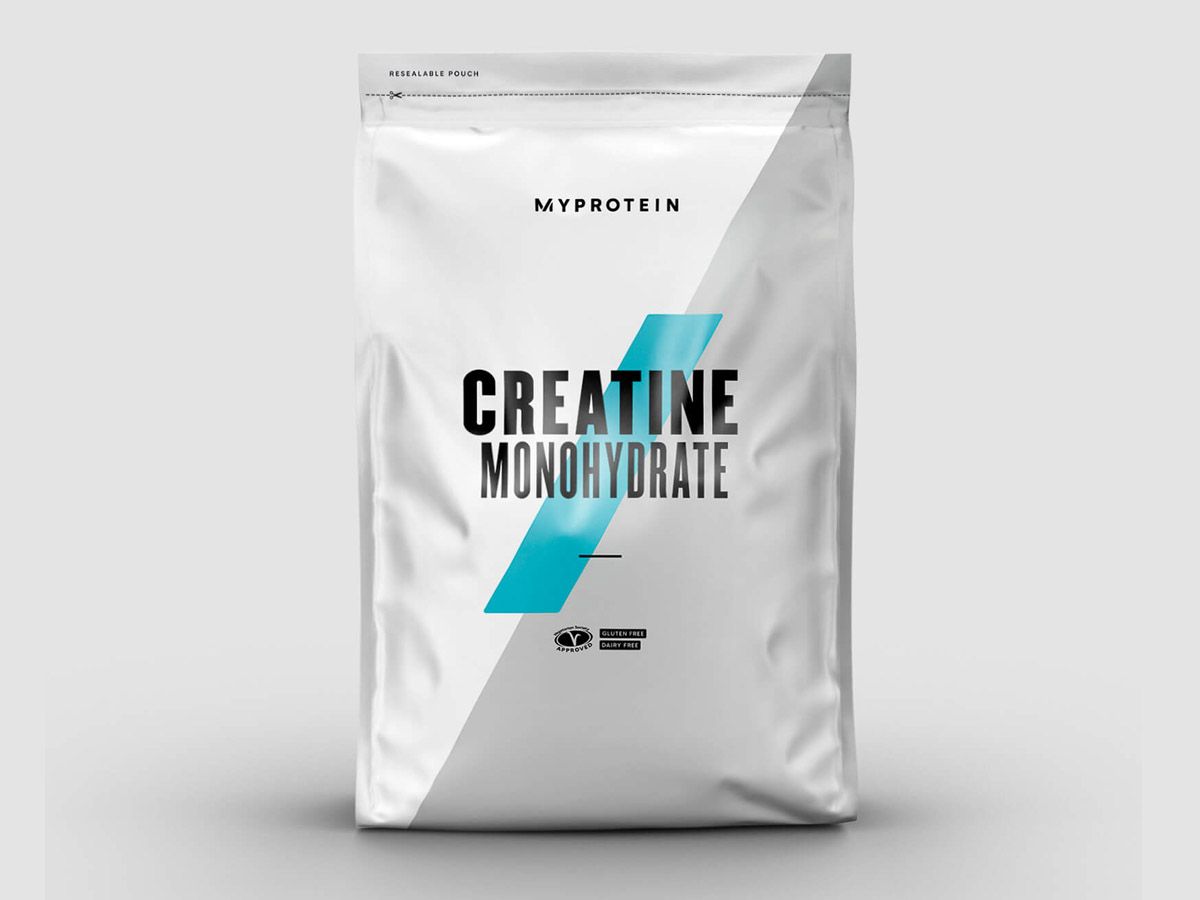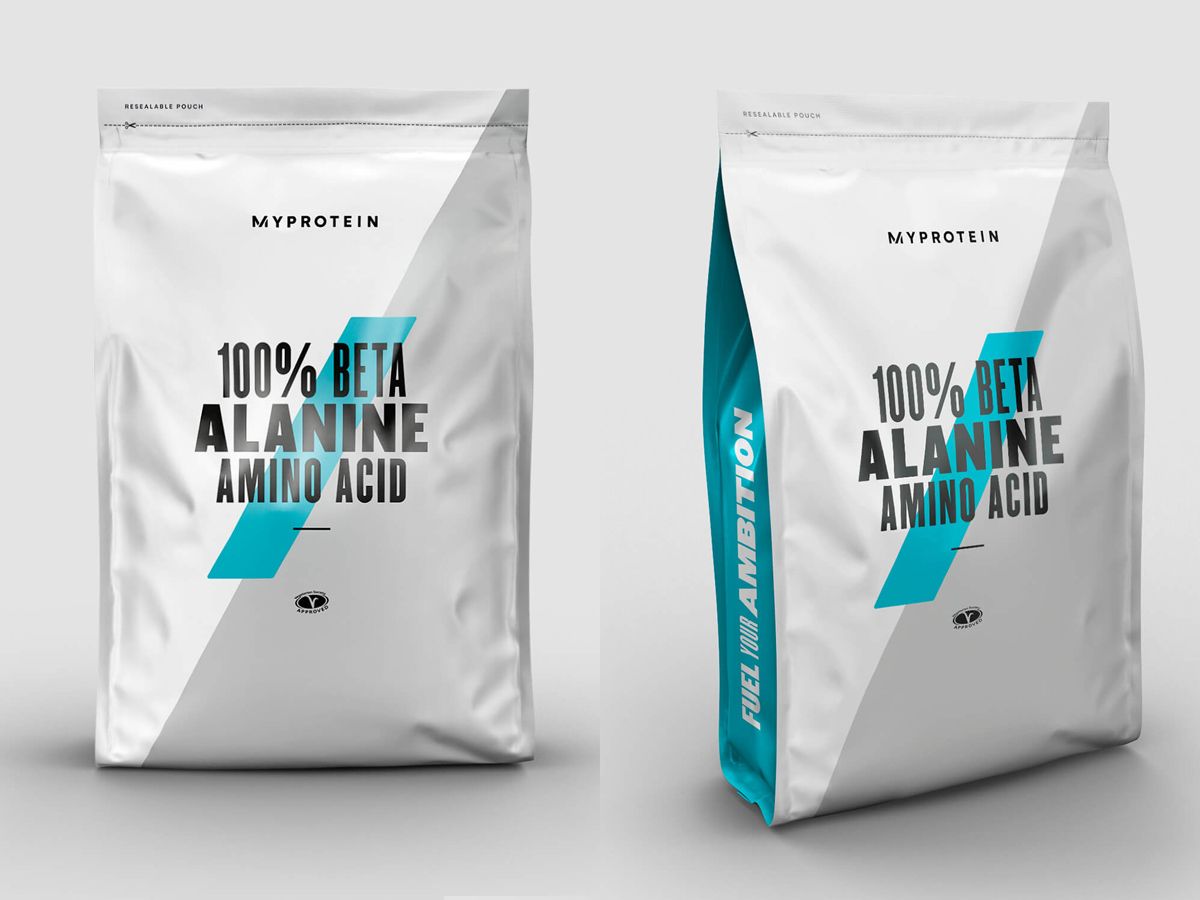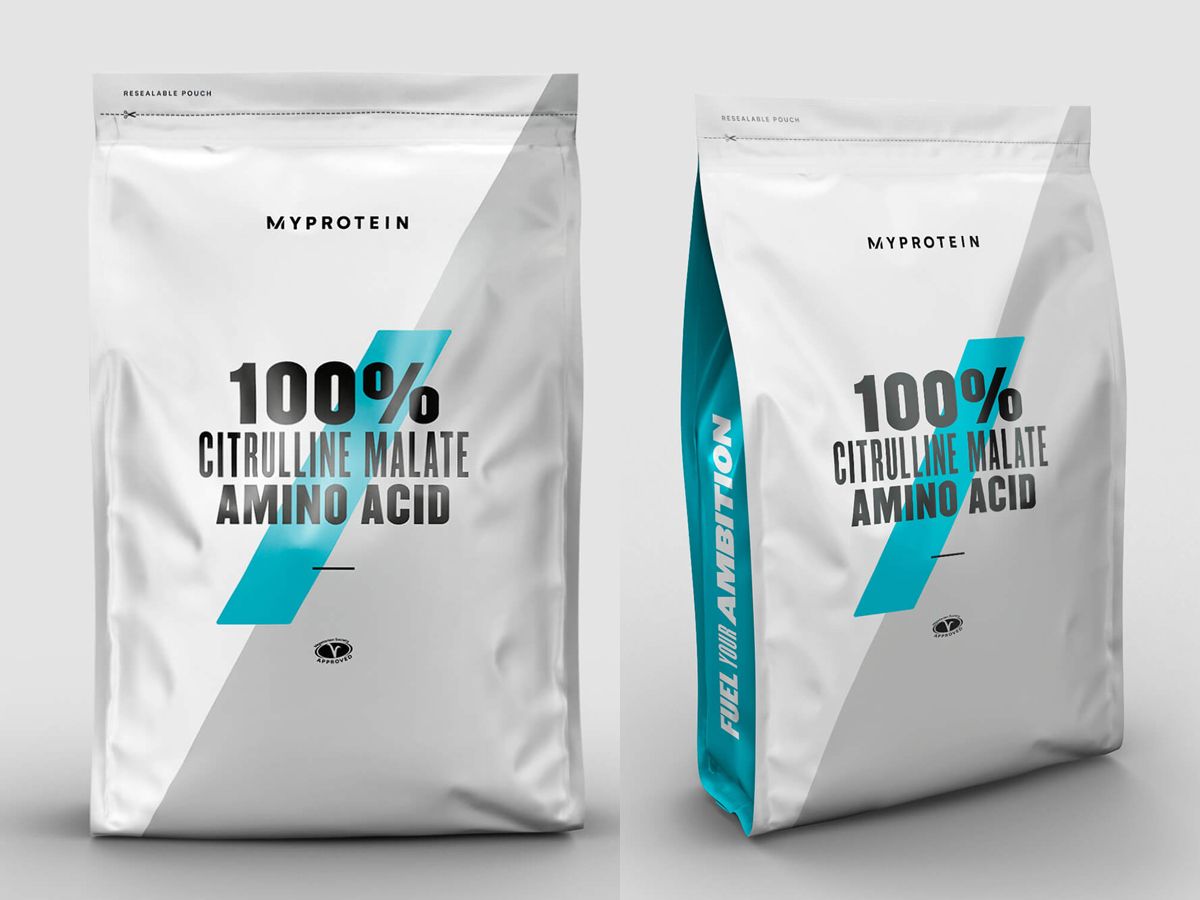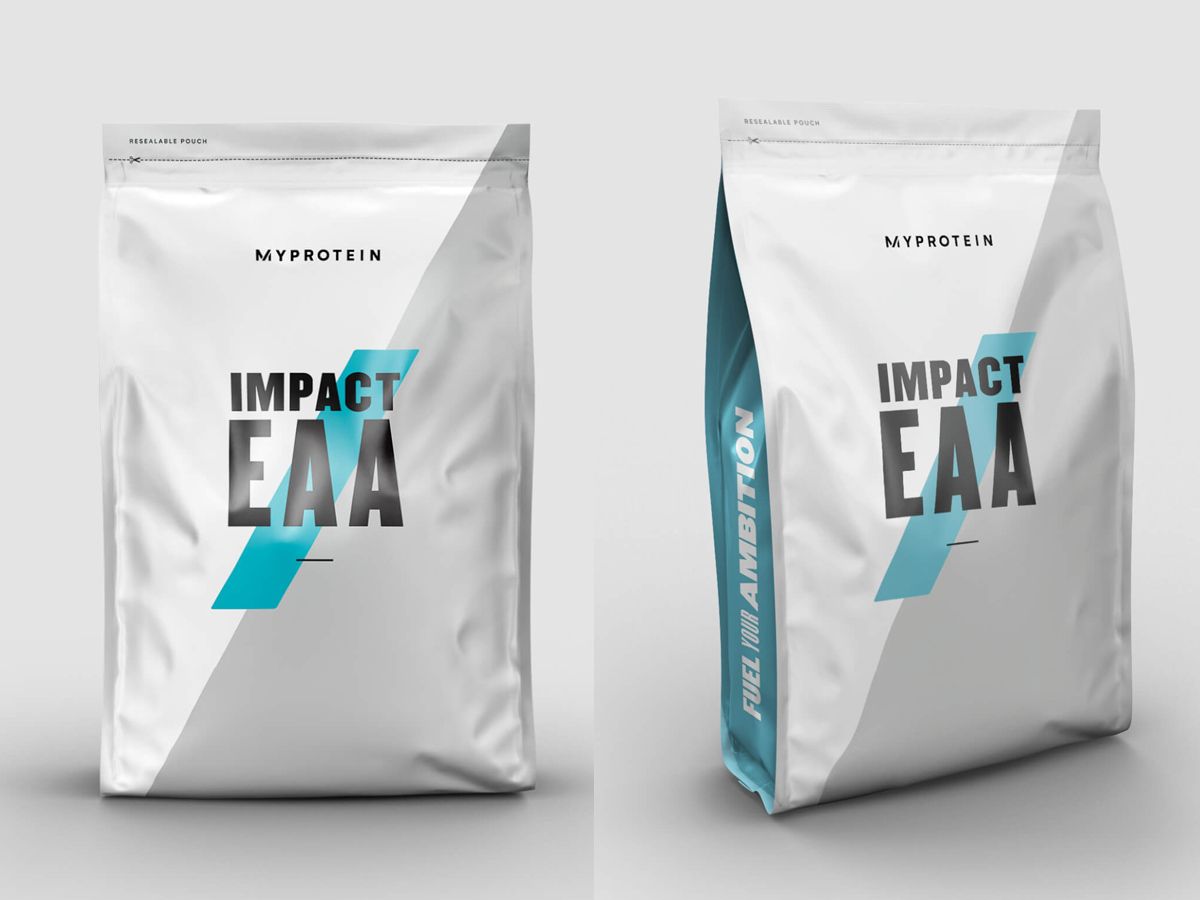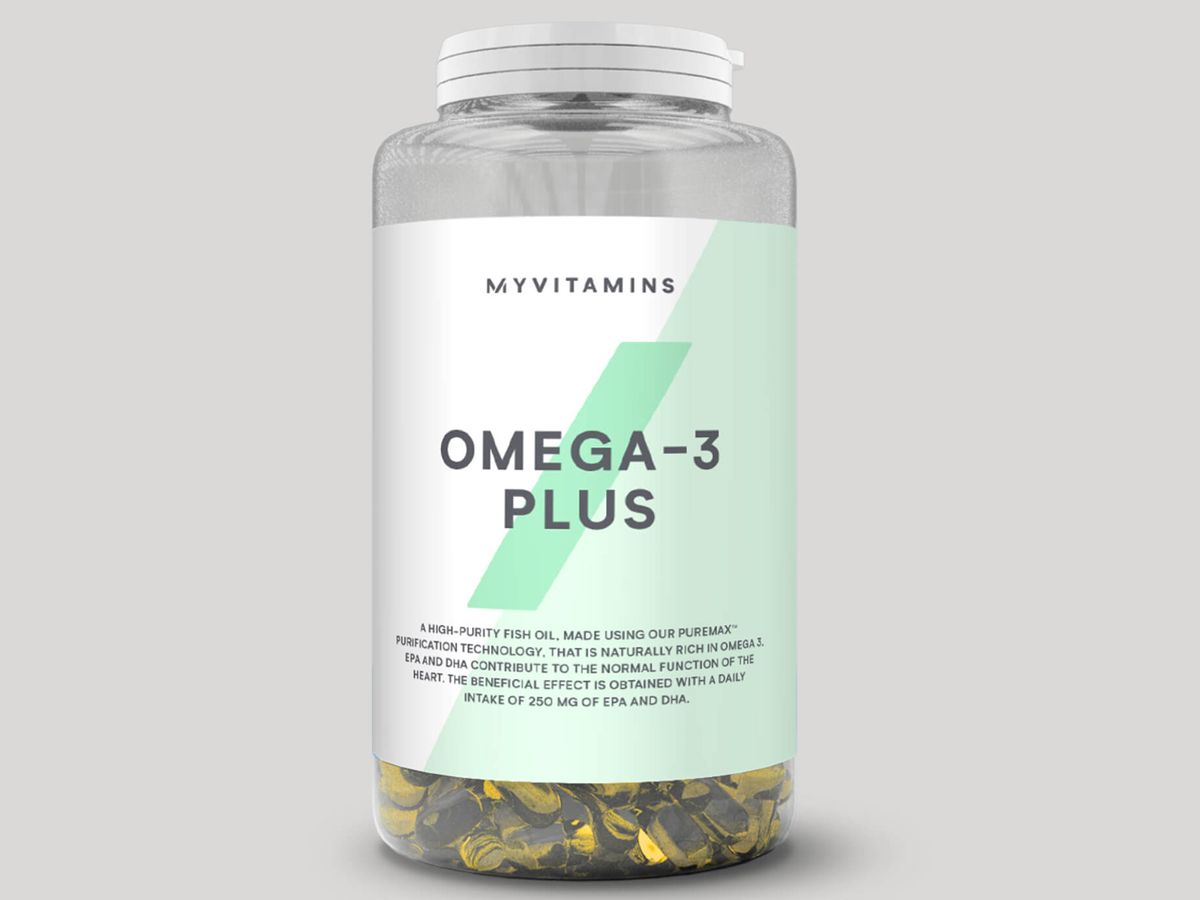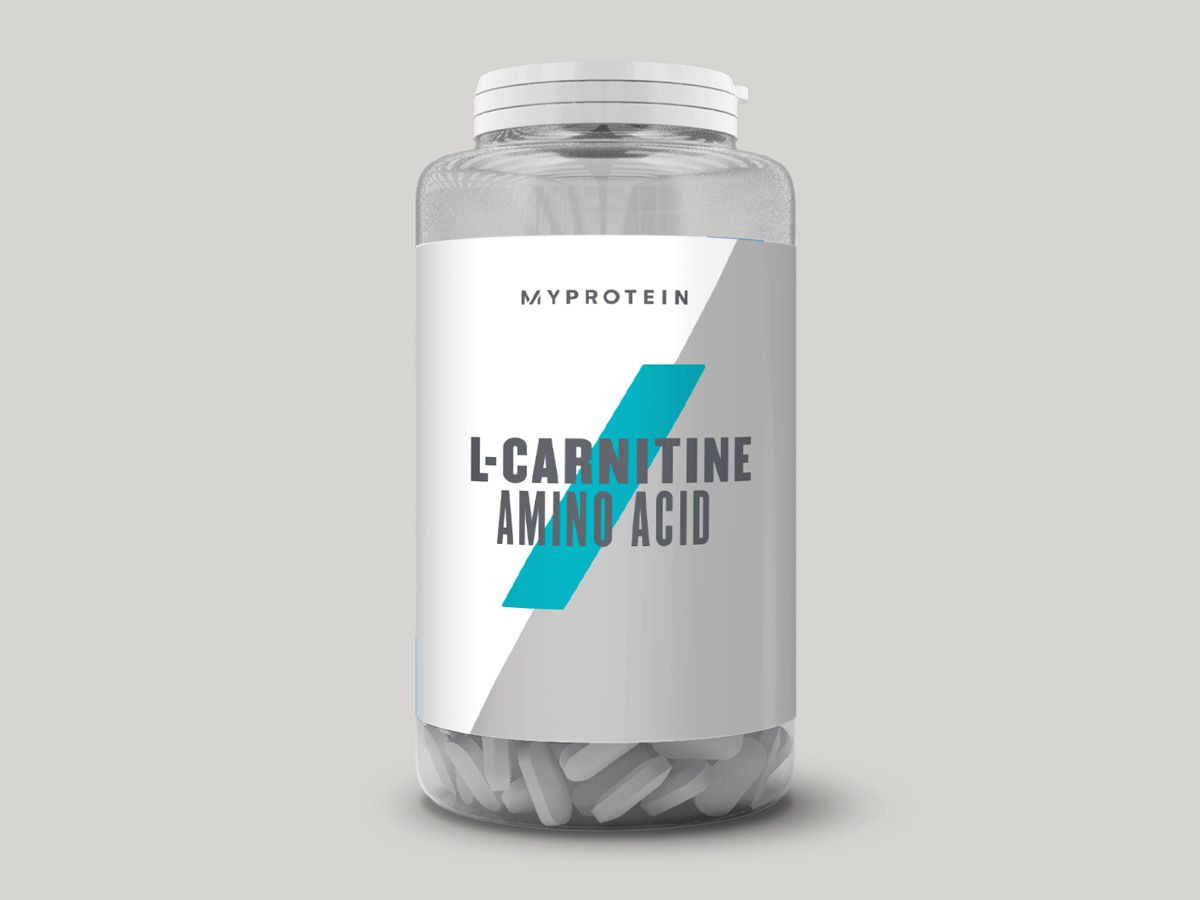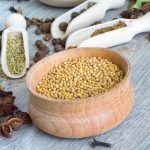7 supplements supporting post-workout regeneration
Each of us feels tired after exhausting training. Our body is physically and neurologically tired. Intense effort causes microdamages of muscle fibers, stimulates the nervous system, causes hormonal changes and stress. Regeneration is needed for healthy body function. First of all, you need to rest, consume the right amount of calories (especially protein) and get enough sleep. There are also products on the market that help the body regenerate. Here are some of them that are worth paying attention to.
Creatine
The use of creatine by most athletes is nothing new and it has strong justification. Creatine significantly improves adaptability to changes in the training plan. Helps reduce oxidative DNA damage that occurs during training. Creatine also strengthens the circulatory system and allows you to train at a higher frequency without harming the body.
1/7
Creatine Monohydrate £7
Beta-alanine
Beta-alanine is an organic chemical compound to amino acids. It is a precursor of a very important substance – carnosine, which is the basic element of muscle tissue. Carnosine is a dipeptide and is responsible for regulating the pH of the muscular system. This compound is responsible for maintaining acid-base balance within muscle cells, which prevents the formation of lactic acid. Prevention of acidification of the muscles promotes regeneration and reduces the feeling of excessive fatigue after training. Supplementing beta-alanine with creatine is a very good idea, because they work synergistically. Creatine affects the increase in strength and muscle mass. In combination with beta-alanine, a reduction in the level of fatigue, an increase in maximum strength, a decrease in total body fat and an increase in muscle mass is observed.
2/7
100% Beta-Alanine Amino Acid £14
Citrulline
Citrulline is one of the three amino acids found in the urea cycle. It significantly improves athletic performance and is used to prevent cardiovascular disease. It can help in clearing veins and arteries, which will improve blood flow, reduce blood pressure and improve body function. Citrulline reduces training fatigue, increases aerobic and anaerobic endurance during prolonged exercise. Helps to absorb some proteins. By using Citrulline during training, we can improve its length, reduce its soreness and improve post-workout regeneration.
3/7
100% Citrulline Malate Amino Acid £20
L-Glutamine
Glutamine or L-glutamine is the most common amino acid in over 61% of muscles. It improves the body’s ability to produce growth hormone, which supports fat reduction and muscle growth. During intense training, glutamine levels decrease significantly, which reduces strength, endurance and hinders regeneration. It takes up to 6 days for glutamine to return to its original state. It is needed for optimal body performance. Accelerates wound healing and body regeneration.
4/7
L-Glutamine Amino Acid £9
EAA
EAA exogenous amino acids are those that the body is unable to synthesize on its own. For this reason, it is so important to provide them with food and, if necessary, supplements in the right amount. EAA, like BCAA (which it also contains) is an excellent workout supplement. Supports post-workout regeneration processes and improves exercise capacity during training. The right amount of EAA amino acids is necessary for the proper course of “building” processes in the body.
5/7
Impact EAA £27
Omega-3
Omega-3 is polyunsaturated fatty acids. They are found in some vegetable fats and fatty marine fish. In plants, most omega-3 is found in linseed and soybean oil. Why are these acids needed for those involved in sports? Protein synthesis is a key factor in muscle development. Omega-3 fatty acids have a powerful effect on stimulating this process. The best effect occurs when used together with amino acids or protein.
6/7
Omega-3 Plus Softgels £19
L-Carnitine
L-carnitine has gained popularity mainly among people who want to normalize their body weight. All thanks to the possibility of using it when reducing body fat. It performs many different functions, although the most important seems to be active support and stimulation of fatty acid β-oxidation. L-carnitine also participates in carbohydrate metabolism, which is an important function for athletes practicing disciplines characterized by intense and long-lasting physical effort.

